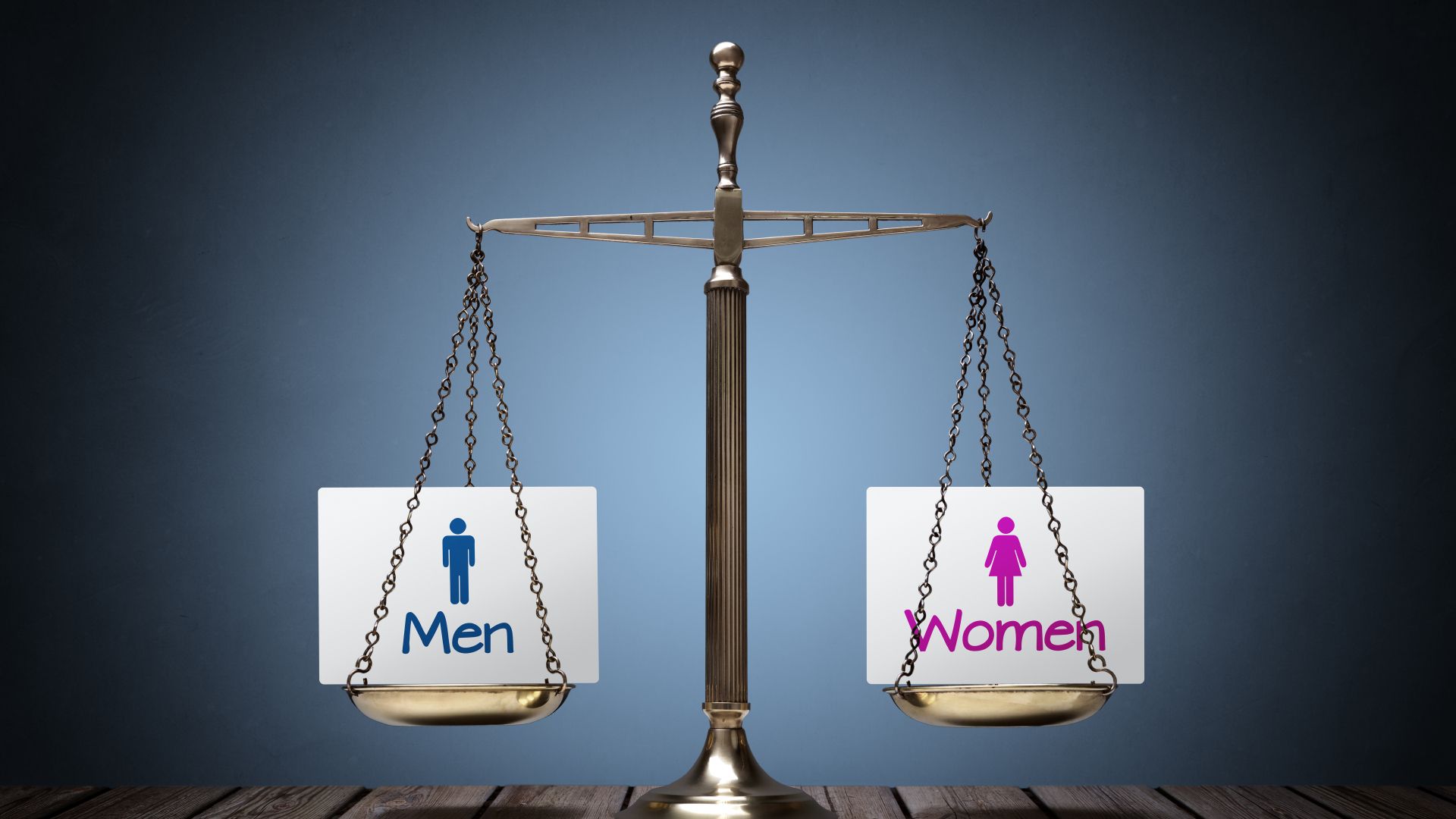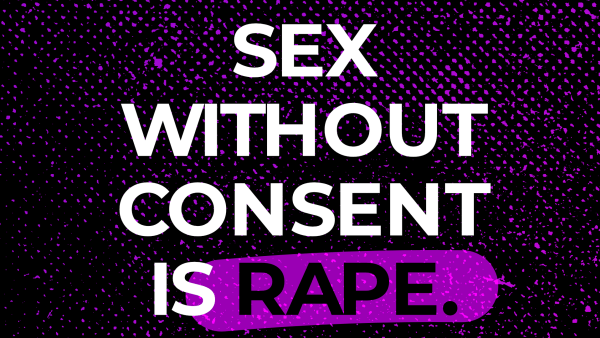The S&D’s long-standing demand to have strong, binding EU rules on pay transparency is finally coming true with a deal reached today by negotiators from the European Parliament and the Council.
After five rounds of trilogues, they agreed on the main points of the Directive on Pay Transparency - a first and necessary step to end pay differences between men and women which still remain too high. On average, women in the EU earn 14.1% less than men in comparable positions.
According to the agreement, all workers in all companies - no matter the size of the company - will have the right to annually receive information on the level of pay of workers who are performing the same work, or work of equal value within the company. Recruiters will be forbidden from asking candidates about their current pay. This will help to break the pattern of pay inequalities.
S&D negotiators Evelyn Regner and Marc Angel secured strong provisions on penalties and fines for non-compliance which will be key in ensuring that companies actually take the new pay transparency rules seriously. S&D also reinforced the role of social partners in the implementation of the Directive. Finally, to fight the systematic lower pay in female-dominated sectors, the S&D negotiators insisted on provisions allowing cross-sector comparisons and the collection of more data.
Evelyn Regner MEP, S&D negotiator on pay transparency in the women’s rights and gender equality committee, said:
“Today is a good day, not only for women but for all workers! With the new law, we are a step closer to finally closing the gender pay gap, and making sure Europeans receive equal pay for equal work, or work of equal value.
“We, the Socialists and Democrats can be really proud, because not only have we fought for this Directive for such a long time, but we also managed to considerably improve the Commission’s proposal by strengthening workers’ rights.
“For us, it was also crucial that the burden to close the gender pay gap lies on companies and member states, rather than on workers, mostly women, who have to go to court to prove pay discrimination. All workers will be able to share information on their pay internally and externally. This means the effective ban of pay secrecy clauses. We also secured the rights of Trade Unions to collective bargaining and the involvement of social partners.”
Marc Angel MEP, S&D negotiator in the employment and social affairs committee, said:
“The agreement reached today will make a real difference, because transparency is key in the fight for equality! Currently a large majority of EU countries have no legal framework on pay transparency.
“As S&Ds, we wanted all companies - no matter their size - to be included in the whole scope of the Directive, meaning that all companies must report and take remedial measures if a gender pay gap exists. This was not possible. Yet, we significantly lowered the threshold from originally covering companies from 250 workers and upwards to now only 100*.
“Nevertheless, we did secure that other tools in the Directive apply to all companies. I am also proud of the gender-neutral language which we were able to include for the first time in a Directive so that it applies to all workers in all their diversity.”
Note to editors:
According to the agreement, companies with at least 100 employees (instead of 250 as originally proposed by the Commission) will have to report information to a monitoring body and inform its own workers. This makes it easier for those working for the same employer to compare salaries and expose any existing gender pay gap in their organisation. If pay reporting shows a gender pay gap of 5% or more, member states will have to ensure employers, in cooperation with their workers’ representatives, conduct a joint pay assessment to remedy any pay gap. If this is not done, penalties including fines will be imposed.










